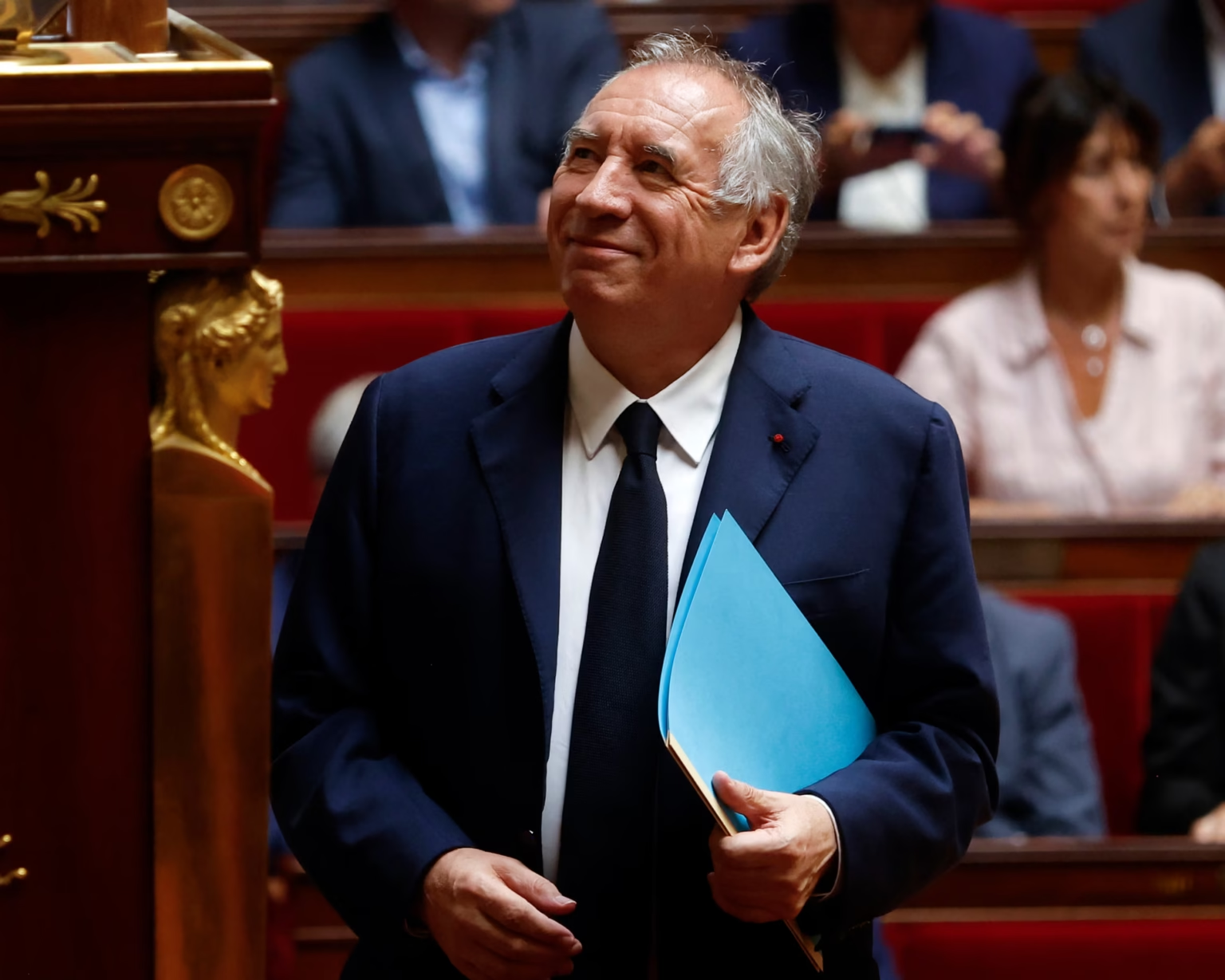France is entering a political crisis as Prime Minister François Bayrou prepares to resign following a lost confidence vote. His departure marks the third French prime minister in just one year, raising concerns over government stability.
President Emmanuel Macron announced he will appoint a new prime minister in the coming days. The new leader will face the immediate challenge of forming a government and negotiating a budget in a deeply divided parliament.
On Monday night, roughly 11,000 people gathered at town halls across France to mark Bayrou’s exit. Protesters celebrated with “Bye bye Bayrou” farewell events, some using the gatherings to organize further actions. Planned for Wednesday is a nationwide day of protest called “Block Everything,” expected to include roadblocks and fuel depot blockades. Authorities have mobilized around 80,000 police officers to manage the demonstrations.
France’s parliament has been fragmented since last year’s snap election. The legislature is split among left-wing, centrist, and far-right groups, leaving no party with an absolute majority. This division makes it uncertain who can successfully agree on a national budget without facing a similar ousting.
Bayrou, 74, lasted only nine months in office. He fell due to opposition to his debt-reduction budget. Before him, Michel Barnier, a right-wing politician, lasted just three months before being removed over the same issue.
Former Prime Minister Gabriel Attal, speaking to France Info radio, described the situation as an “absolutely distressing spectacle” of instability, with governments collapsing every three to six months. He emphasized the need for compromise among all political factions before a new prime minister is appointed.
Sources close to President Macron indicate that he may favor appointing a long-serving cabinet minister from his centrist group, such as Justice Minister Gérald Darmanin or Defence Minister Sébastien Lecornu. Both are considered trusted allies but are seen as leaning right, which may not be acceptable to left-wing lawmakers. An ex-minister noted that Macron prefers staying within his political comfort zone.
To overcome the current deadlock, some analysts suggest forming a pact with the Socialist Party. Another possibility is appointing a figure aligned with the left but outside the Socialist Party, who could also gain centrist approval. Bernard Cazeneuve, a former prime minister and ex-Socialist Party member, is considered a potential candidate.
Finance Minister Eric Lombard, also a former Socialist Party member and ex-banking executive, is another contender. His financial expertise and centrist appeal could help bridge the gap between Macron’s centrist bloc and the left.
The political uncertainty has highlighted France’s struggle to maintain stability amid a fragmented parliament. Macron’s next move will be crucial in determining whether the government can regain control and pass key legislation.
With another leadership change imminent, France faces both domestic unrest and a challenging political landscape. The success of the new prime minister will depend on their ability to negotiate compromises and restore confidence in government institutions.
The coming weeks will be critical, as protests escalate and the parliament must agree on a workable budget. The choice of prime minister could set the tone for France’s political stability for the rest of the year.


